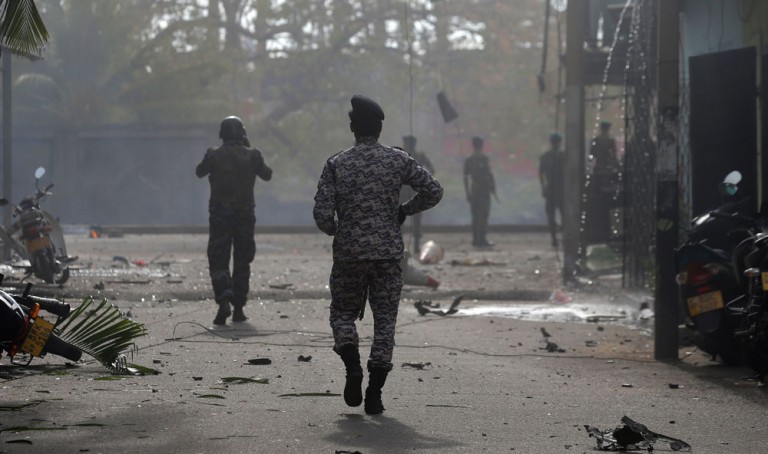In the aftermath of the Easter Sunday bombings that killed over 300 people, its government has blocked access to most of the main social networks and chat apps.
What’s happened: Facebook, WhatsApp, Instagram, YouTube, Viber, Snapchat, and Messenger have all been restricted, according to NetBlocks, an organization that monitors internet governance. It’s to stop people from spreading misinformation about the attacks, according to officials in Sri Lanka. They said the services will remain blocked until investigations into the attacks conclude. The government has blamed a local Islamist group called NTJ, although no organization has claimed responsibility yet.
The logic: It’s easy to see why the government reacted this way. Sri Lanka is a country riven with ethnic tensions, where a volatile situation can spill over into violence. Just last month its government blocked Facebook during a wave of anti-Muslim violence.
However: Social-media outages can have the opposite effect from the one intended, helping to stoke tensions further as people try to fill an information vacuum. In this case, it also has the knock-on effect of making it harder for people caught up in the attacks to let loved ones know they are safe. These sorts of blocks are also ineffective and easy to circumvent. Despite that, they’re an increasingly common tactic around the world.
Sign up here to get your dose of the latest must-read news from the world of emerging tech in our daily newsletter The Download.

